Kosher Kitchen Cookware
cook4fun
17 years ago
Featured Answer
Sort by:Oldest
Comments (12)
cook4fun
17 years agoRelated Professionals
Franklin Furniture & Accessories · Minneapolis Furniture & Accessories · Glenview Furniture & Accessories · North Hollywood Furniture & Accessories · Norwalk Furniture & Accessories · Indian Creek Furniture & Accessories · Euclid Kitchen & Bathroom Designers · Lafayette Kitchen & Bathroom Designers · 20781 Kitchen & Bathroom Remodelers · Cleveland Kitchen & Bathroom Remodelers · Fair Oaks Kitchen & Bathroom Remodelers · Fairland Kitchen & Bathroom Remodelers · Hanover Township Kitchen & Bathroom Remodelers · Manassas Kitchen & Bathroom Remodelers · Turlock Kitchen & Bathroom Remodelerslindac
17 years agocook4fun
17 years agolivingthedream
17 years agoweinstein5
17 years agothebearsfamily
17 years agoshiralune
17 years agojane_d
17 years agobrucedelta
17 years agomsrevise
17 years agoliz_h
17 years ago
Related Stories

HOUSEKEEPINGHow to Clean Your Cookware So It Lasts
Avoid damage during everyday cleaning and stain scrubbing, with these tips for pots and pans made of popular materials
Full Story
SHOP HOUZZShop Houzz: Up to 60% Off Colorful Cookware and Serveware
Save on bright cookware, kitchen tools and tabletop entertaining essentials
Full Story0
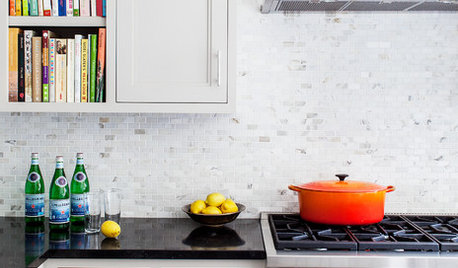
SHOP HOUZZShop Houzz: Enameled Cookware in Every Color
Add a pop of bright color to your kitchen with durable enameled cookware
Full Story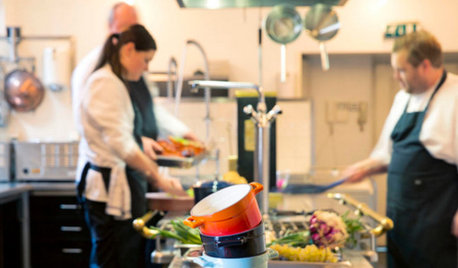
SHOP HOUZZShop Houzz: Up to 45% Off Classic Cookware and Kitchenware
Complete your kitchen with everyday cookware, handy tools and utensils
Full Story0
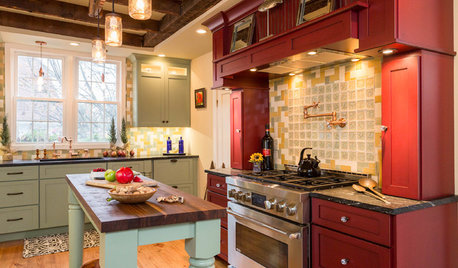
SHOP HOUZZShop Houzz: Country Kitchen With Colorful Cookware
Cook up a country look with colorful kitchen finds
Full Story0
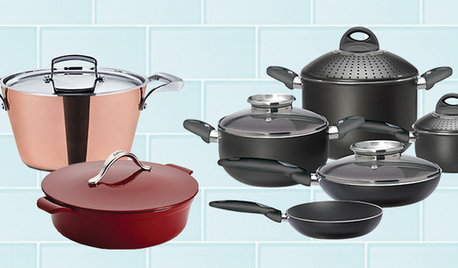
SHOP HOUZZShop Houzz: Premium Cookware Sale
Save up to 65% on superior-quality skillets, frying pans and cookware
Full Story0
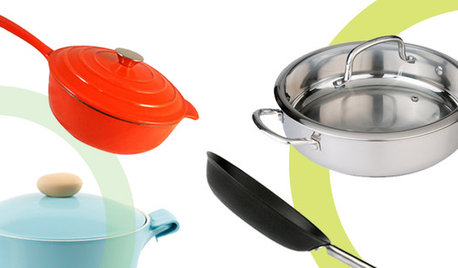
SHOP HOUZZShop Houzz: Complete Your Kitchen With Our Cookware Sale
Save up to 40% on cookware
Full Story0
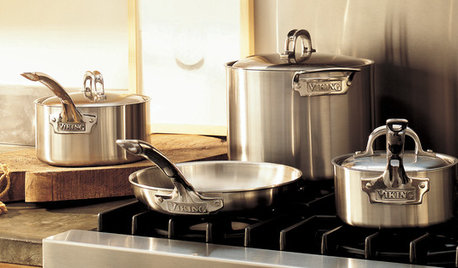
SHOP HOUZZShop Houzz: Choosing the Right Cookware Set
How to decide between stainless steel, copper, cast iron and aluminum cookware sets
Full Story0
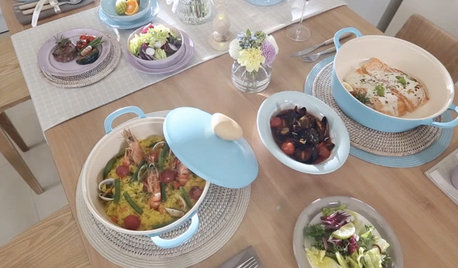
SHOP HOUZZShop Houzz: Save up to 50% on Oven-to-Table Cookware
Save time and dish-washing effort with cookware you can use for serving too
Full Story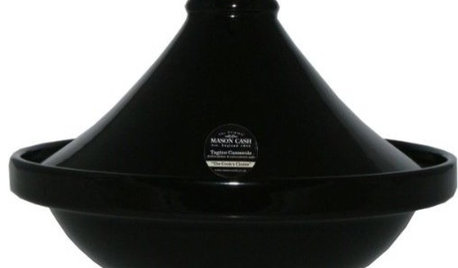
BLACKGuest Picks: Dining in the Dark
Give your kitchen and dining room a hit of sophistication with serving pieces, cookware and kitchen tools in moody black
Full Story





elisamcs